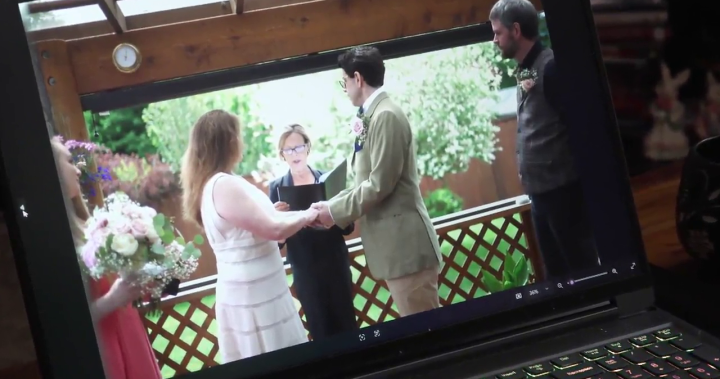As a British Columbia couple discovered recently, not all homecomings are created equal—especially when it comes to family heirlooms crossing the Canada-U.S. border.
When Ken and Pat Stead of Langley arranged to have a cherished dresser returned from their son’s home in Washington State, they weren’t expecting a customs bill that would leave them questioning Canada’s border policies. The antique dresser, which had been in the family for decades, suddenly carried a $130 price tag in duties and taxes despite having originated in Canada.
“It’s a family heirloom. It’s been in our family for probably 40 years,” Ken told Global News in an interview last week. “It never occurred to me that we would have to pay duty to bring it back into Canada.”
The Steads’ experience highlights a little-known aspect of Canada Border Services Agency regulations that affects countless Canadians who temporarily send personal belongings across the border. According to CBSA guidelines, Canadians must specifically declare their intention to return items when they first leave the country—a detail many aren’t aware of until facing unexpected fees.
Border services officials confirmed that without proper documentation showing the items originated in Canada, returning goods are treated like new imports. This creates a particular burden for families with cross-border connections, who often share possessions without considering the potential financial implications.
The Steads’ situation isn’t unique. Across British Columbia’s border communities, similar stories emerge with increasing frequency as families maintain connections with relatives in Washington, Idaho, and beyond.
“We’re seeing this more often since the pandemic,” says Emily Chung, a cross-border trade consultant based in Vancouver. “Many families separated items during COVID lockdowns, and now as they try to reunite possessions, they’re discovering these regulatory hurdles.”
For the Steads, the issue wasn’t just financial—it was the principle. “It’s our dresser. We owned it. We bought it here in Canada,” Pat emphasized during their interview. The couple ultimately paid the fees to retrieve their heirloom, but the experience left them determined to warn others.
Statistics from the CBSA show that during the 2022-2023 fiscal year, over 12,000 Canadians faced similar situations at land borders, paying duties on items they considered personal property. The average assessment was approximately $85 per crossing where such charges applied.
Consumer advocates suggest a simple solution exists but remains underutilized. “Form BSF186, ‘Identification of Articles for Temporary Exportation,’ is available for precisely these situations,” explains Jordan Williams of the Canadian Taxpayers Federation. “The problem is that most Canadians have never heard of it until after they’ve been charged.”
The form, which can be completed at any CBSA office before goods leave Canada, creates a record that allows items to return duty-free. However, awareness of this option remains limited, particularly among older Canadians or those making infrequent border crossings.
Provincial Consumer Affairs Minister Selina Robinson acknowledged the issue when asked about the Steads’ experience. “We understand the frustration many British Columbians feel when faced with unexpected border charges,” she stated via email. “While this falls under federal jurisdiction, we’re exploring ways to better inform residents about these requirements.”
For their part, the Steads have turned their experience into an impromptu public service announcement, warning friends and neighbors about the potential costs of cross-border family sharing.
“We just want people to know before they send anything south,” Ken said. “Get the paperwork done first, or you might end up paying to bring back something you already own.”
The dresser now sits in their Langley home, carrying both family memories and a $130 lesson in international trade regulations—a reminder that in cross-border relationships, even the most personal possessions sometimes come with a price.






